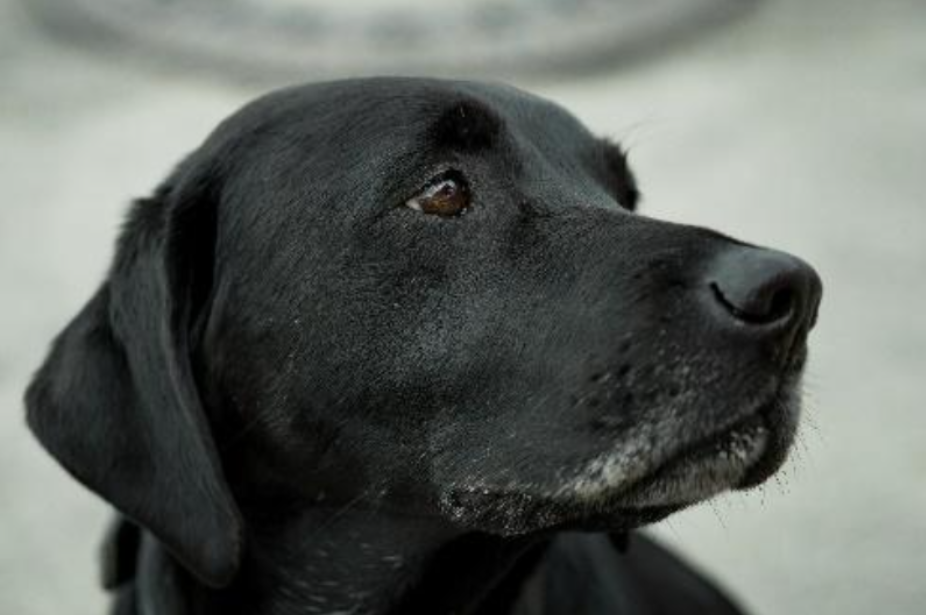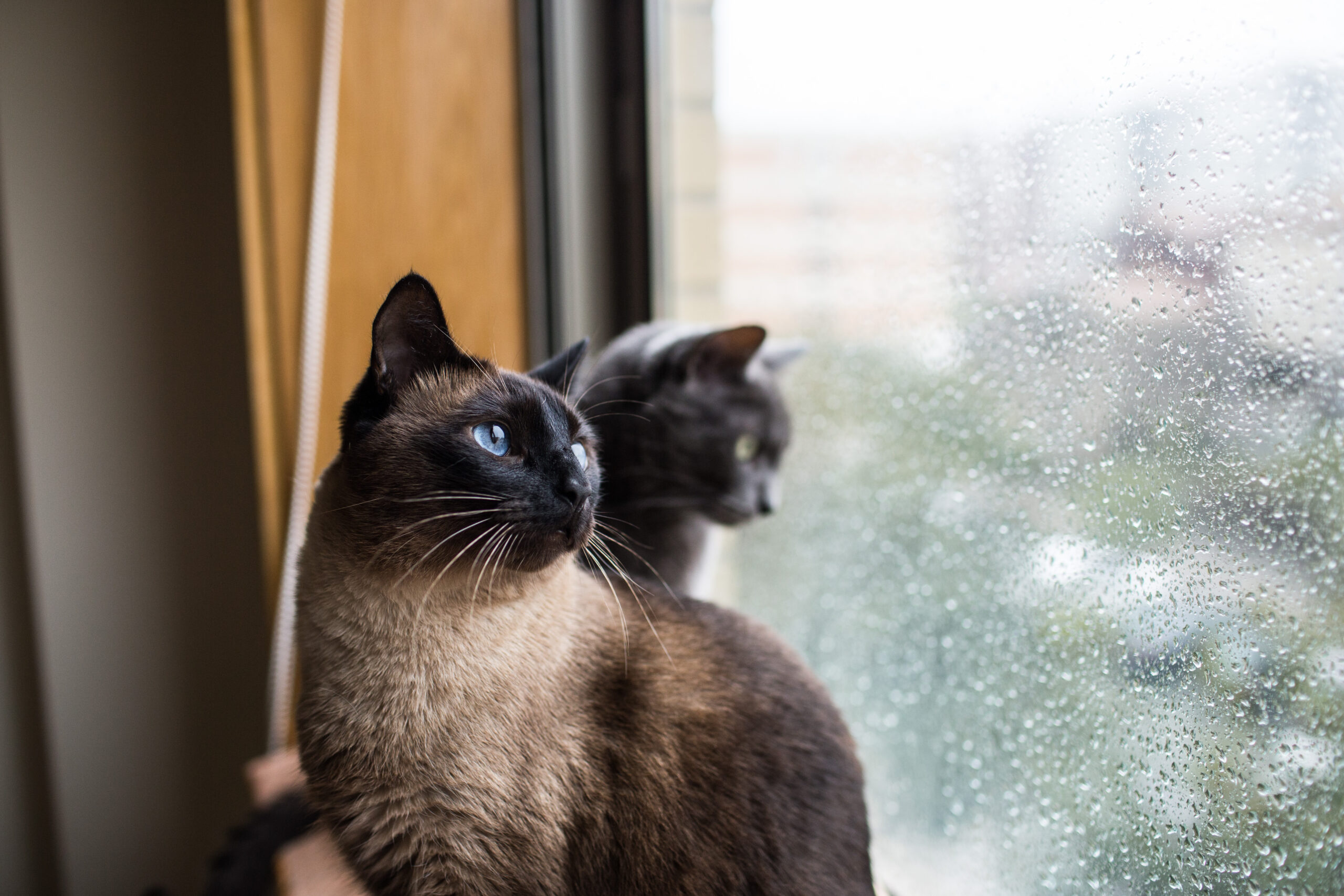At Friendship Animal Hospital, we know your pets are cherished members of your family, and keeping them healthy is a top priority. Just as in humans, cancer is a common health concern for pets, especially as they age. But with knowledge, regular screenings, and preventive care, we can catch issues early and offer the best support for their health. Here are some helpful insights on cancer detection and prevention in dogs and cats.
1. Recognizing Early Signs of Cancer

Early detection can make a significant difference in treatment outcomes. Here are some signs to look for and report to us:
- Lumps or Masses: While not all lumps are cancerous, any new or changing growth should be evaluated.
- Unusual Bleeding or Discharge: If you notice bleeding from any area or unusual discharge, schedule a check-up.
- Changes in Appetite or Weight: Significant weight loss or loss of appetite could indicate an underlying issue.
- Difficulty Eating or Swallowing: This can be caused by many things, especially in older pets, but may be a sign of oral or throat cancer.
- Persistent Lameness or Stiffness: Bone cancers, particularly in larger dog breeds, can cause chronic lameness.
- Sores That Don’t Heal: Non-healing wounds could be a sign of skin cancer.
- Breathing Issues: Labored breathing or coughing should always be checked out promptly.
- Chronic vomiting and diarrhea: most vomiting and diarrhea is not related to cancer, but it can be caused by cancers of the stomach and intestines.
If you observe any of these signs or any others you find concerning, we’re here to help with prompt evaluations and support.
2. Regular Check-Ups and Screenings: Key to Early Detection
Regular exams allow us to catch signs of cancer in its early stages, often before symptoms appear. This is why we recommend a full health physical at least every 6 months. We can perform screenings, such as blood tests, ultrasounds, or X-rays, to look for abnormalities. Senior pets are particularly at risk, and more frequent check-ups can make a big difference.
3. Reducing Cancer Risk Through Preventive Care
- Nutrition: A well-balanced, high-quality diet rich in antioxidants helps boost your pet’s immune system.
- Weight Management: Obesity increases cancer risk. Ask us for guidance on keeping your pet at a healthy weight.
- Exercise: Regular activity supports overall health and helps prevent obesity, which is linked to higher cancer risk.
- Sun Protection: Pets with light skin and short or thin fur are more susceptible to skin cancer. Limit their sun exposure, especially during peak hours, and consider pet-safe sunscreen for added protection.
4. Vaccination Safety
A particular cancer in cats can be related to the use of vaccinations. We use and recommend vaccines designed to protect against disease safely. Vaccines are not all the same! Vaccine-associated sarcomas in cats are rare but serious tumors that can develop at vaccination sites due to an inflammatory reaction. We’re here to discuss options and benefits.
5. Know Your Pet’s Risk
Certain breeds are genetically predisposed to specific types of cancer, making regular screenings and early detection even more important. Here are a few breed-specific cancer risks to be aware of for dogs and cats:
Dog Breeds
- Golden Retrievers: Known for a higher risk of lymphoma and hemangiosarcoma (a cancer of the blood vessels).
- Boxers: Commonly affected by mast cell tumors (a type of skin cancer) and lymphoma.
- Bernese Mountain Dogs: Have a higher rate of histiocytic sarcoma, an aggressive cancer of the immune cells.
- Rottweilers: Frequently develop osteosarcoma, a cancer of the bones, especially in the legs.
- Scottish Terriers: More prone to bladder cancer (transitional cell carcinoma), which can cause urinary issues.
- German Shepherds: Have a heightened risk of hemangiosarcoma, especially in the spleen and heart.

Cat Breeds
- Siamese: This breed is more prone to mammary (breast) cancer, particularly in unspayed females, as well as intestinal lymphoma.
- Persians: Known to have a higher risk of developing skin cancers, particularly squamous cell carcinoma, due to their lighter skin and increased sun sensitivity.
- Maine Coons: Though generally robust, they have a slight predisposition to lymphoma, often affecting the gastrointestinal system.
- Burmese: This breed is at an elevated risk for feline meningioma, a type of brain tumor, and is also prone to developing certain types of oral cancers.
- Russian Blues: Have been observed to develop lymphoma more frequently than some other breeds.
Each breed has unique cancer vulnerabilities, so work with your veterinarian on regular check-ups, screenings, and preventive care strategies tailored to your dog’s breed. While cancer can occur at any age, the risk tends to increase with age, regardless of a pet’s breed.
6. How Friendship Animal Hospital Can Help
Our veterinary team is dedicated to providing advanced care, from early diagnostics to personalized treatment options. Whether you’re concerned about a recent change in your pet’s health or want to discuss cancer prevention strategies, our door is always open.
Stay proactive and informed—your pet deserves the best!
If you have questions or want to schedule an exam, please reach out. Together, we can work to ensure your pet has a healthy, happy life by your side.



